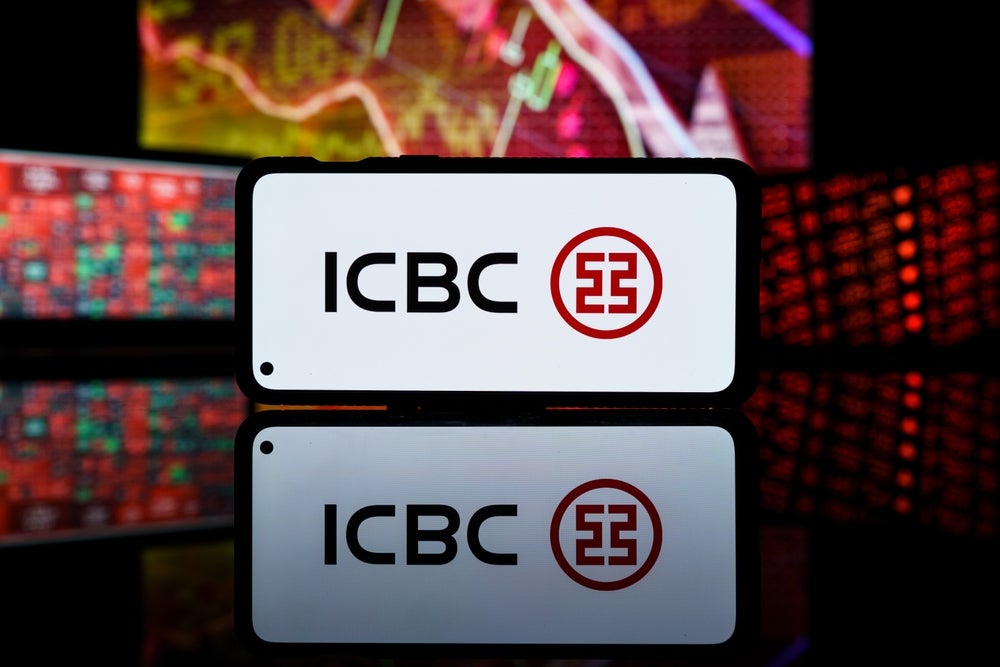
Chinese entrepreneurs are now interested in transferring not only their business and human capital but also their values when it comes to wealth succession and family trusts.
This is according to a survey conducted by HSBC and the Tsinghua University Research Centre for Global Family Business which also revealed that young second-generation entrepreneurs are more likely to participate in new economy businesses in response to market changes.
The study 2023 China Family Wealth Management – Beyond Uncertainty: The New Wave of Succession Planning and Family Trust investigated the usage of succession tools by wealthy Chinese entrepreneurs, focusing on cross-generational wealth transfer, corporate governance, family governance, and philanthropy.
Wealth creators concentrate on developing original ventures
Chinese entrepreneurs make money quicker than those in other countries and are in the process of handing down their businesses to the next generation. They start planning for this later on and prioritise growing their businesses, with the founders often leading the transfer process.
The study found that in China, as a result of the country’s strong economic growth and development culture, China’s second generation of entrepreneurs are more open to innovation and new industries.
The upcoming generation are introduced to these concepts during the succession process and are more likely to invest in developing businesses such as biotechnology, artificial intelligence, and new energy. This could be due to their exposure to distinct educational contexts and growing up in different eras.
How well do you really know your competitors?
Access the most comprehensive Company Profiles on the market, powered by GlobalData. Save hours of research. Gain competitive edge.

Thank you!
Your download email will arrive shortly
Not ready to buy yet? Download a free sample
We are confident about the unique quality of our Company Profiles. However, we want you to make the most beneficial decision for your business, so we offer a free sample that you can download by submitting the below form
By GlobalDataHao Gao, director of Research Centre for Global Family Business, PBC School of Finance, Tsinghua University, said: “Cross-generational transfer has always been a global challenge, and it is not a one-off event but a long-term process that often takes five to ten years, with the need to plan ahead professionally. In addition, succession is always accompanied by innovation. Young second-generation entrepreneurs have huge potential to lead the development of new technology and new economy industries and the digital transformation of private enterprises. It can be said that the transformation and orderly succession of private enterprises will have a favourable impact on the sustainable development of China’s economy.”
Successful wealth transfer requires both tangible and non-material aspects
The research indicates Chinese business owners prioritise passing on not only real assets such as money and property, but also spiritual assets such as positive values.
More than 40% of those polled felt it is critical to foster their children’s entrepreneurial mindsets and to teach them the value of giving back to the community.
Some said their succession plans would include incentives and requirements for their heirs to contribute to their businesses, families, and society.
Meanwhile, giving money to a worthy cause has become an important aspect of transferring wealth across generations.
A sizable proportion of respondents are willing to contribute to promoting common prosperity through creating jobs, raising taxes, making donations, or investing in worthwhile projects.
Centimillionaires want to pass on their wealth through family trusts
Family trusts are the vehicle of choice among centimillionaires because they provide benefits such as risk isolation, asset appreciation, continuity of will, tax planning, and philanthropy.
Approximately 19% of those surveyed have established family trusts.
According to the study, 56% of people want to use family trusts to protect themselves from risks, 44% think trusts can help them start a business, and 39% want to use trusts to ensure their heirs have good character and abilities for successful careers.
China’s family trust industry witnessed enormous expansion from 2019 to 2022, with assets under management expanding from RMB$100bn to more than RMB400bn.
The China Banking and Insurance Regulatory Commission’s new trust classification regulations, which go into effect in June, indicate that the legal and regulatory framework for family trusts is improving to meet the public’s demands for wealth management, succession, education, and elderly care.
Jackie Mau, head of global private banking, HSBC China, said: “China’s economy has experienced exponential growth and massive wealth creation in the past few decades and as a result, we expect significant waves of wealth transfer, particularly from private entrepreneurs, within 10 to 20 years.
“Data shows that the proportion of entrepreneurs aged 50 or above in China’s largest private enterprises has reached 82%. From passing on wealth to managing the business, identifying the right talent, and leaving long lasting values behind, succession is complicated and therefore requires a systematic process. Developing succession plans with support from professional institutions will help entrepreneurs better realise their succession goals and create positive wealth results for themselves, their families, their businesses, and society.”







